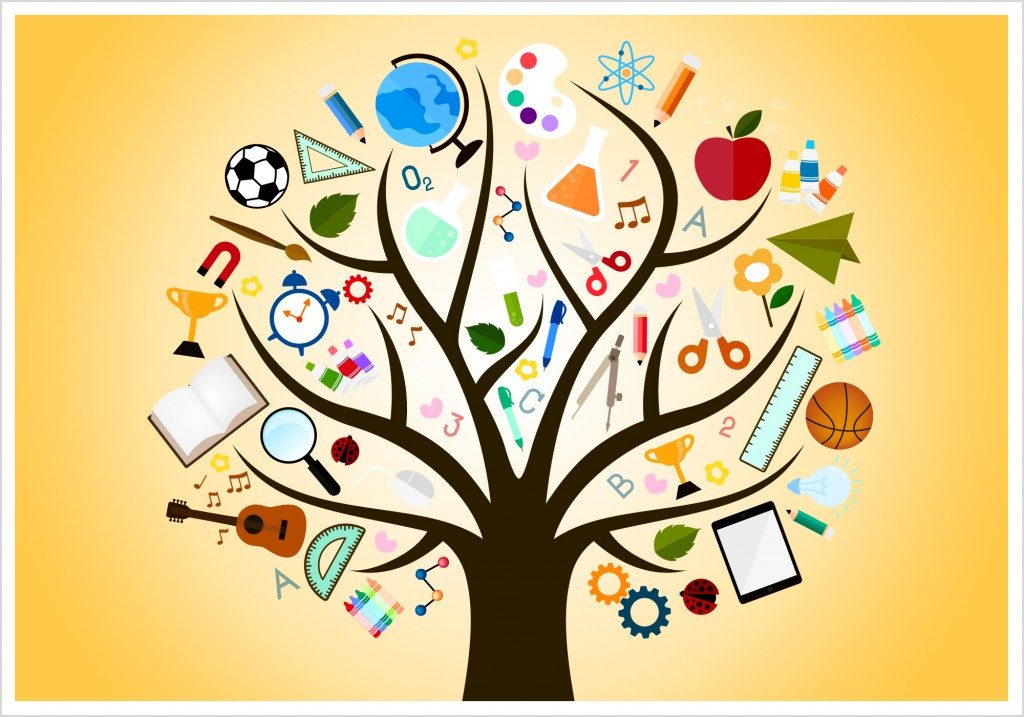
ECS 303 Developed Teaching Philosophy:
It seems that with each year of university I learn so many things that alter my teaching philosophy. Within the first two years of my degree, I have learned so much about different types of pedagogy. One of my main takeaways from this is that building strong relationships with students in the classroom is essential to student success and being able to implement any type of pedagogy. Once you have those relationships established then you can start bringing in important aspects of pedagogy like place-based pedagogy and hands-on learning. Some other pieces of pedagogy I believe are important are integrating technology into the classroom and bringing the community into the classroom and the classroom into the community as much as possible. Another major belief I have is that differentiated/adapted learning is key to meeting classroom needs. Each learner in our classrooms is so different and unique and sometimes that requires a little bit of differentiation or adaptations to support their learning journey and that is completely understandable because just like snowflakes, no two students are exactly alike.
My most recent learnings that influenced my teaching philosophy have been about assessment. I believe that was is a time and a place for each type of assessment (for, of, and as). However, most of the assessments in the classroom should be formative to guide teachers’ teachings rather than largely summative which places value on students. Having largely formative assessments in the classroom also allows for students to develop intrinsic motivation to complete things for their own benefit rather than learning to rely on extrinsic motivation of grades.
Building lifelong learners really is the main goal of education. One of my professors always says that our main goal as teachers is to help students not need up. In order for us as teachers to help build lifelong learners, we need to make sure that learning is fun and something students want to continue to do. That is why it is very important for students’ voices to be taken into account in lesson planning and time for student inquiry to be planned into the school day. With this, learning also needs to be relevant to students’ everyday lives and not taught as abstract concepts. I have also been learning about allowing students to set their own learning goals in literacy which I think is a very interesting concept that I am looking forward to learning more about. We also need to teach students that it is okay to make mistakes and that we can learn from our mistakes. This will help students feel confident in sharing answers and trying difficult tasks. Another important aspect of this is building student confidence because it will also help build resiliency in learning.
I think that social justice is going to become increasingly important in the education system. For too long our school system has only been sharing one side of history and current events and just recently more sides of the story are being listened to. This really calls our education system to action. We need to be sharing truths and not just single sides of history. Students are far more involved in social justice movements now and they have more power to make positive change than most of society gives them credit for. As teachers, we can help get students involved in their communities about issues they care about and want to stand up for. Another big thing teachers need to be doing is making sure that their students can see themselves in their classrooms. Furthermore, this needs to be done in a way that isn’t tokenistic and doesn’t perpetuate stereotypes. There is a great anti-bias children’s book guide that helps educators make sure their books represent various social identities such as racial, ethnic, gender, economic class, sexual orientation, and disability in a respectful way. Although the guide is for books, it can be applied to many other classroom resources. Even if your students are from very similar social identities it is still extremely important to make sure various other social identities are visible in the classroom.
My teaching philosophy is far from perfect and will continue to change as I finish my degree and begin teaching. Almost every professor shares how even after years and years of teaching their teaching philosophies are always changing as they continue to try different things and learn from the experience. They say that the best teachers never stop learning, so I guess that means that the best teachers also have an everchanging and evolving teaching philosophy.
ECS 100 Developed Teaching Philosophy:
I believe that there is no static way things should be taught. Every student in a class is so different from each other that there can’t only be one way. This is where inclusive education comes into play. However, your inclusive education plans will still vary from year to year as you have different students with different needs. I also believe that dismantling the power imbalance through an invitation to learning is very important in the classroom. Students need to feel welcome and comfortable in the classroom in order to succeed.
Follow along in this section as I continue to expand my educational philosophy while on my journey to becoming a teacher!
Leave a Reply